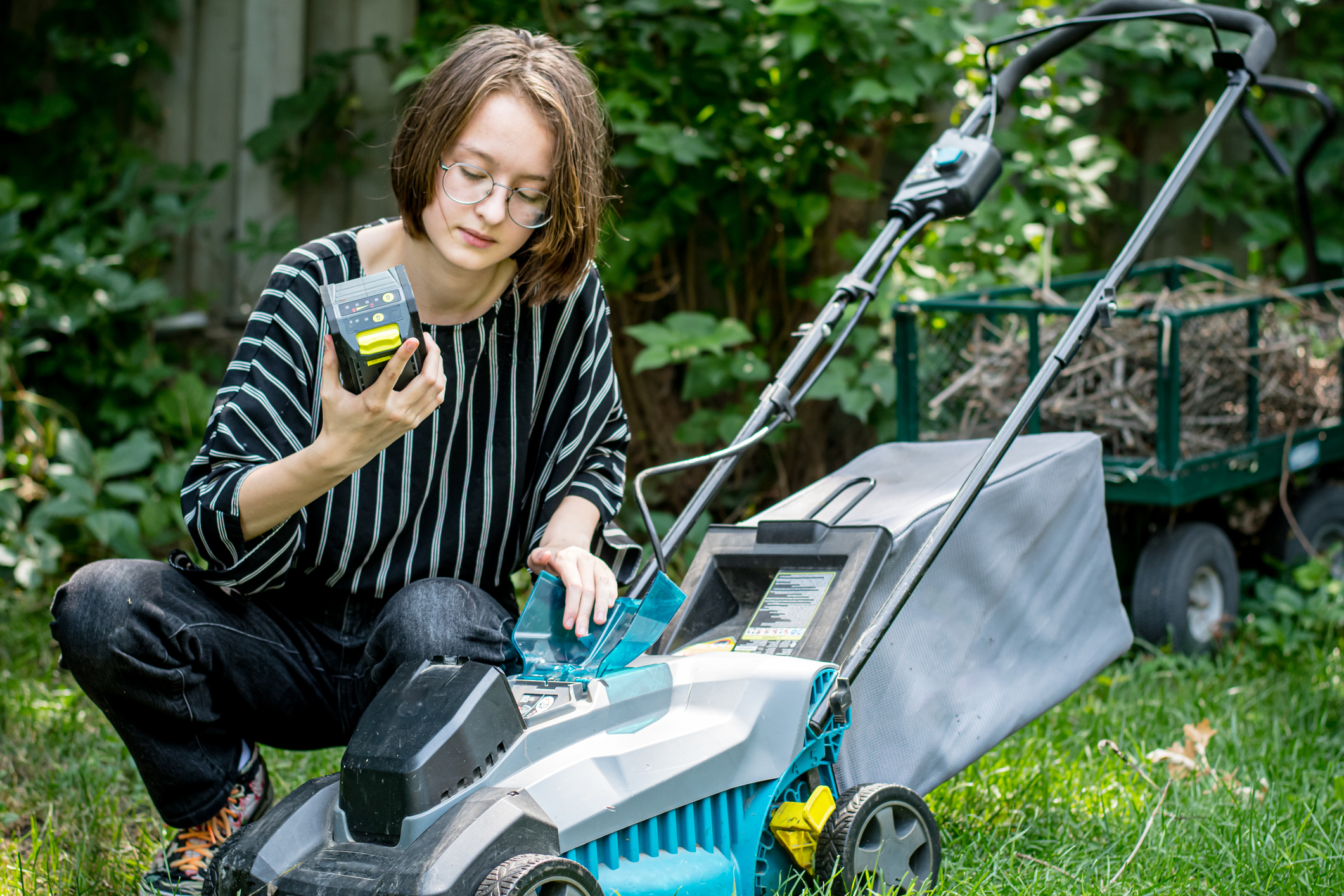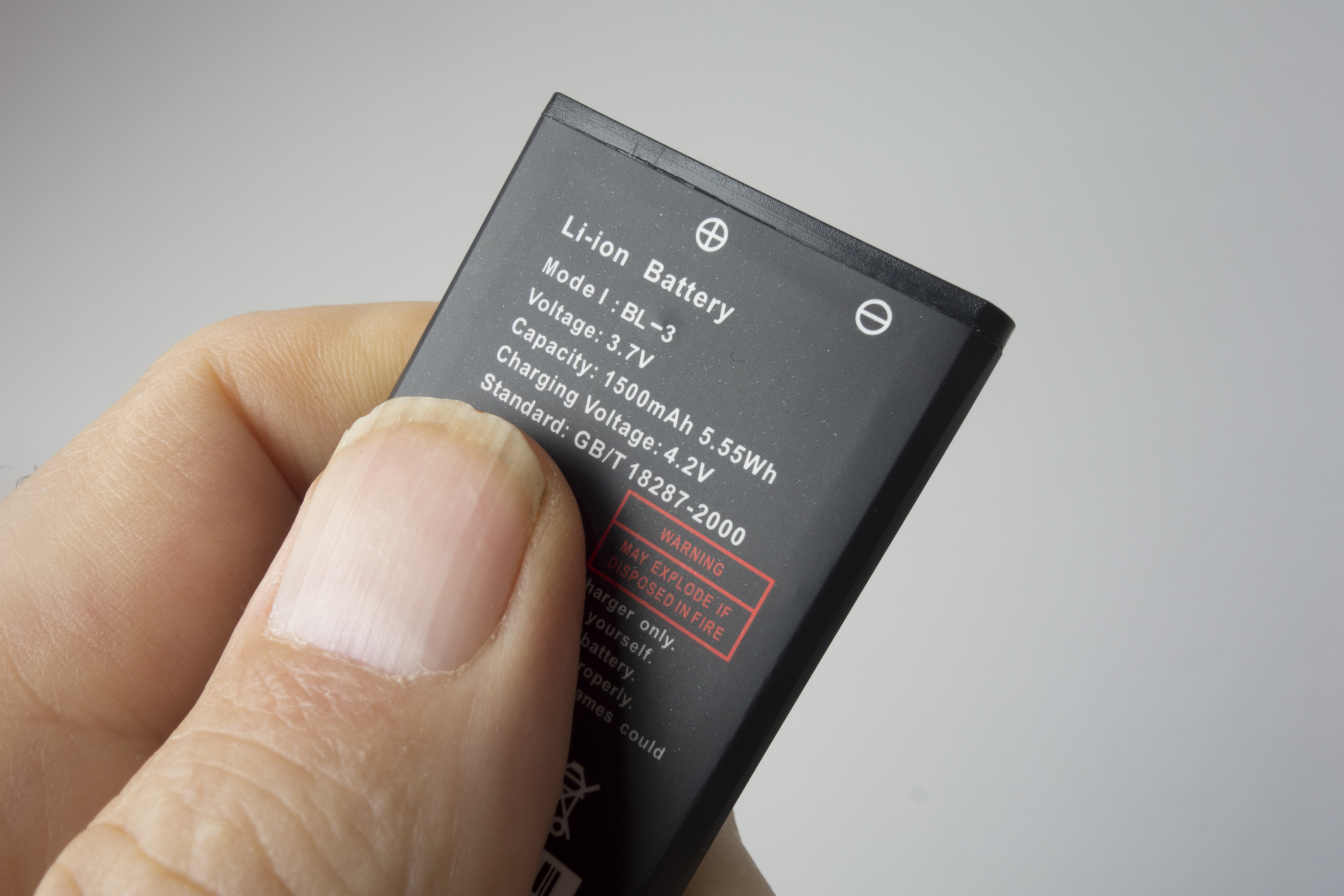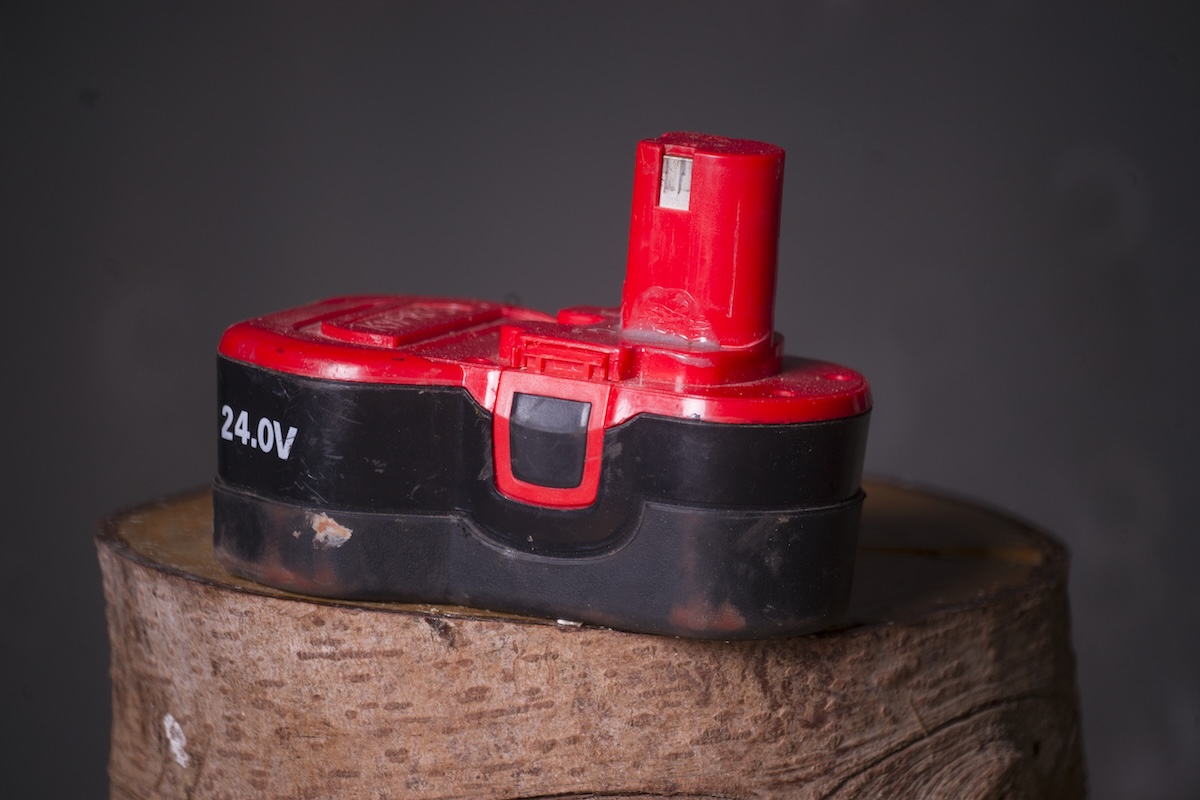We may earn revenue from the products available on this page and participate in affiliate programs. Learn More ›
Use of lithium-ion batteries is more widespread than ever. They often come up when discussing electric vehicles but many other consumer products also rely on the batteries for power. In the home improvement industry, lithium-ion batteries are the gold standard for cordless power tools. They perform better than other types of batteries, have a longer lifespan, have quick charging capabilities, and are a popular choice among most tool manufacturers.
Over the years, however, these types of batteries have faced major challenges when it comes to safely disposing of and recycling them. Here you’ll learn about a new technology to improve the process of lithium-ion battery recycling that promises to transform the industry to a safer and more sustainable power source.
Where to Find Lithium-Ion Batteries
There are two types of lithium batteries that U.S. consumers use: single-use, non-rechargeable lithium metal batteries and re-chargeable lithium-ion, or Li-ion, batteries. When it comes to rechargeable batteries, the lithium-ion battery is one of the most popular types available. The main reason is that they have a high energy density that allows them to store a significant amount of power to last for several hours.
Lithium batteries are also smaller and lighter than other types of batteries that hold the same amount of energy. You frequently find lithium-ion batteries in smartphones, laptop computers, tablets, wireless headphones, toys, small and large appliances, e-bikes, electric vehicles, power tools, and other electronic devices. Their lifespan is typically about 3 years, or 300 to 500 charges. As technology continues to advance, more and more products are expected to include these powerful batteries.

Why Recycling Lithium-Ion Batteries Is so Important
It’s beneficial to recycle lithium-ion batteries to recover critical materials and avoid problems that result from throwing them away. These batteries are made with valuable raw materials—including lithium, cobalt, and graphite—that can be used for other products in the future. If these batteries are discarded at the end of their life, we lose these resources that are difficult to replace. But recycling them helps minimize the need to mine for new raw materials, which cuts back on environmental costs.
In addition to following recommendations for storage of lithium-ion batteries, note that it is never a good idea to throw these batteries into household garbage or recycling bins because they can pose a safety risk, as they can easily catch fire or explode. If Li-ion batteries end up in a landfill, they can leak harmful chemicals that can cause environmental damage. To recycle lithium-ion batteries properly, look for certified battery electronics recyclers that accept them. Refer to your local solid waste authority, Earth 911, or Call2Recycle.
Why Recycling Lithium-Ion Batteries Has Clear Challenges
Because of the fire risk involved, recycling lithium-ion batteries requires special equipment and handling procedures. In addition, complex processes involving the application of acid leaching and solvent extraction are necessary for the recycling process to be successful. These harsh chemicals pose health and environmental risks, which make recycling these batteries problematic. For years, experts have been waiting for safer, more eco-friendly recycling technologies to be available to address these concerns.

New Technology to Make Recycling Lithium-Ion Batteries Safer and Easier
Researchers in China are taking the battery recycling industry by storm with their new discovery. They have developed a groundbreaking battery recycling method to recover 99.99 percent of the lithium found in these batteries within just 15 minutes. Aside from its speediness, the technology is also eco-friendly.
The innovative process uses the amino acid glycine to extract raw materials from the battery during the recycling process. This is very different from traditional methods that use harsh chemicals. Not only is the majority of lithium extracted in record time, but so is a significant amount of cobalt, nickel, and manganese. What’s more, the leftover glycine can be repurposed as fertilizer.
How this Discovery Can Make a Difference
This technological advancement comes at an opportune time to better manage the growing waste from smartphones, laptops, power tools, and more. Indeed, the global lithium-ion battery recycling market was valued at $138.62 million in 2023 and is expected to grow by about 45 percent between now and 2030. As the demand for these types of electronic devices with lithium-ion batteries continues to grow, so does the concern about what happens to all those batteries at the end of their life.
By having a faster, more sustainable method of recycling the batteries and extracting the key materials to reuse, the researchers’ work can help transform the industry and protect the environment at the same time. Overall, this new technology can help achieve large-scale, pollution-free lithium-ion battery recycling.


